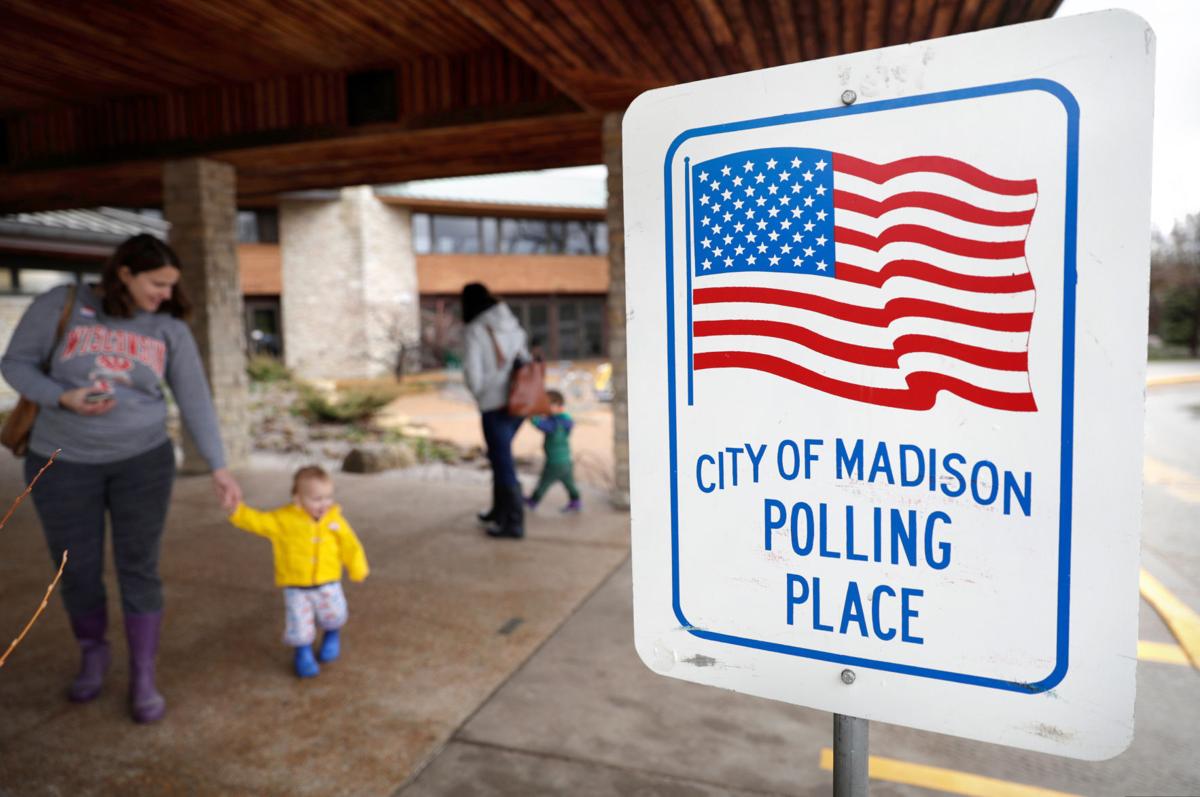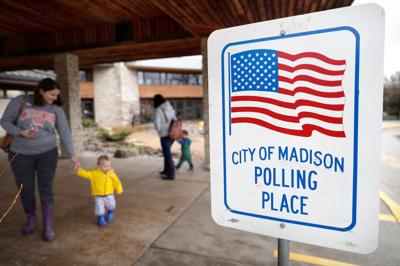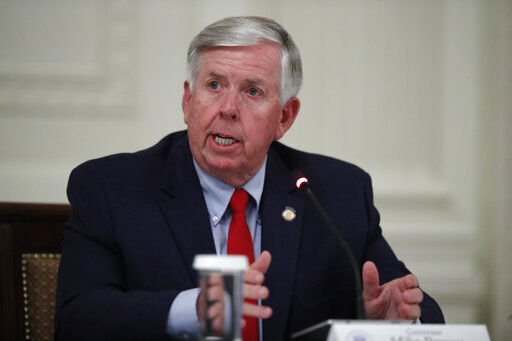Elections Commission underscores preparations for November election

The Elections Commission says it’s prepared for the November general election.
M.P. KING, STATE JOURNAL ARCHIVES
The state Elections Commission on Tuesday highlighted the series of efforts it’s undertaking that show Wisconsin is prepared for the November general election.
Wisconsin Elections Commission Meagan Wolfe said elections officials are far more prepared than April, when clerks around the state recorded numerous problems with the U.S. Postal Service delivering absentee ballots to voters.
The commission mailed some 2.7 million registered voters information Tuesday about their voting options for the general election. At the meeting, commissioners reviewed a 126-page document outlining its preparations in order avoid the types of complications seen in April.
In one of the worst examples from that election, a Republican state senator reported a postal worker had discovered “three large tubs” of undelivered absentee ballots from voters in Oshkosh and Appleton. Nearly 2,700 absentee ballots in Milwaukee were not sent and about 1,600 in the Fox Valley were not processed because of computer glitches and mailing problems.
Voting absentee used to constitute 6% of ballots cast in Wisconsin, but that number has skyrocketed to about 60% due to the COVID-19 pandemic and fears of contracting the virus at a polling place.
Already, the Elections Commission reports 919,315 absentee ballot requests for the November election, and more than 3 million total voters are expected to participate in the election.
Despite an investigation, state elections officials still haven’t found out the official cause of the undelivered ballots, but they say better coordination with the U.S. Postal Service since April, as well as a newly implemented absentee ballot tracking system, will go a long way toward reducing problems in the upcoming election.
In April, Wolfe said the Elections Commission didn’t really have a formal relationship with the U.S. Postal Service. Now, state elections officials meet weekly with the federal agency.
“As we look ahead to November, this coordination and groundwork has really been critical for us to be able to address issues as they come in,” Wolfe said.
Wolfe said the newly incorporated intelligent mail bar code system will allow clerks to determine where a ballot is in the mail stream, and if not, make a decision to still issue the voter a ballot.
In addition, the commission has made improvements to the state’s online voter registration system to prepare for increased usage and make it easier for clerks to process absentee ballot requests. Clerks in some regions of the state struggled to keep up with the flood of last-minute absentee ballot requests during a time when they typically prepare for in-person voting.
Under the improved system, clerks only need to use the state’s registration system instead of manually entering absentee requests received via email.
Milwaukee, Madison election plans
The city of Milwaukee has vowed to open 170 of a typical 180 polling places for the November election, a commitment that is likely to significantly reduce voter lines the city saw in April, when only five in-person polling sites were made available.
In addition, the city plans to open 15 in-person absentee voting sites, in addition to 15 drop boxes for absentee ballots set up across the city. The city expects only 25-30% of voters to cast their ballot in-person.
The city of Madison is attempting to secure as many in-person polling sites as possible for November, with a goal of having the city’s normal 92 locations set up for socially distanced voting. The city doesn’t plan to actively push voting by mail following an equity analysis showing that African American voters don’t trust voting by mail, and that voting by mail isn’t accessible for many voters with disabilities.
The city also has 25 potential in-person absentee voting locations, and is ordering 14 ballot drop boxes that it plans to install in early October in addition to locations where voters can drop off ballots with poll workers stationed outside.
The Sun Prairie City Council, however, unanimously approved a resolution Tuesday night to consolidate the city’s eight polling locations into one location for the November election due to issues with staffing the polling locations, because the majority of election workers are over the age of 65, a high-risk group. The consolidated polling place is to be located at the Sun Prairie High School.
Sun Prairie estimates 80% of total votes in November will be cast via absentee ballot, and only 20% in person.
Recruiting poll workers is a top priority for the Elections Commission. To sign up to be a poll worker, anyone interested should contact their municipal clerk’s office or visit the MyVote Wisconsin website. Wisconsin municipalities typically need about 30,000 poll workers for the November election, and it’s been more difficult to secure workers this year due to the pandemic.
If enough poll workers aren’t secured, the Elections Commission will again need to work with the National Guard to fill in gaps.
The Associated Press contributed to this report.








